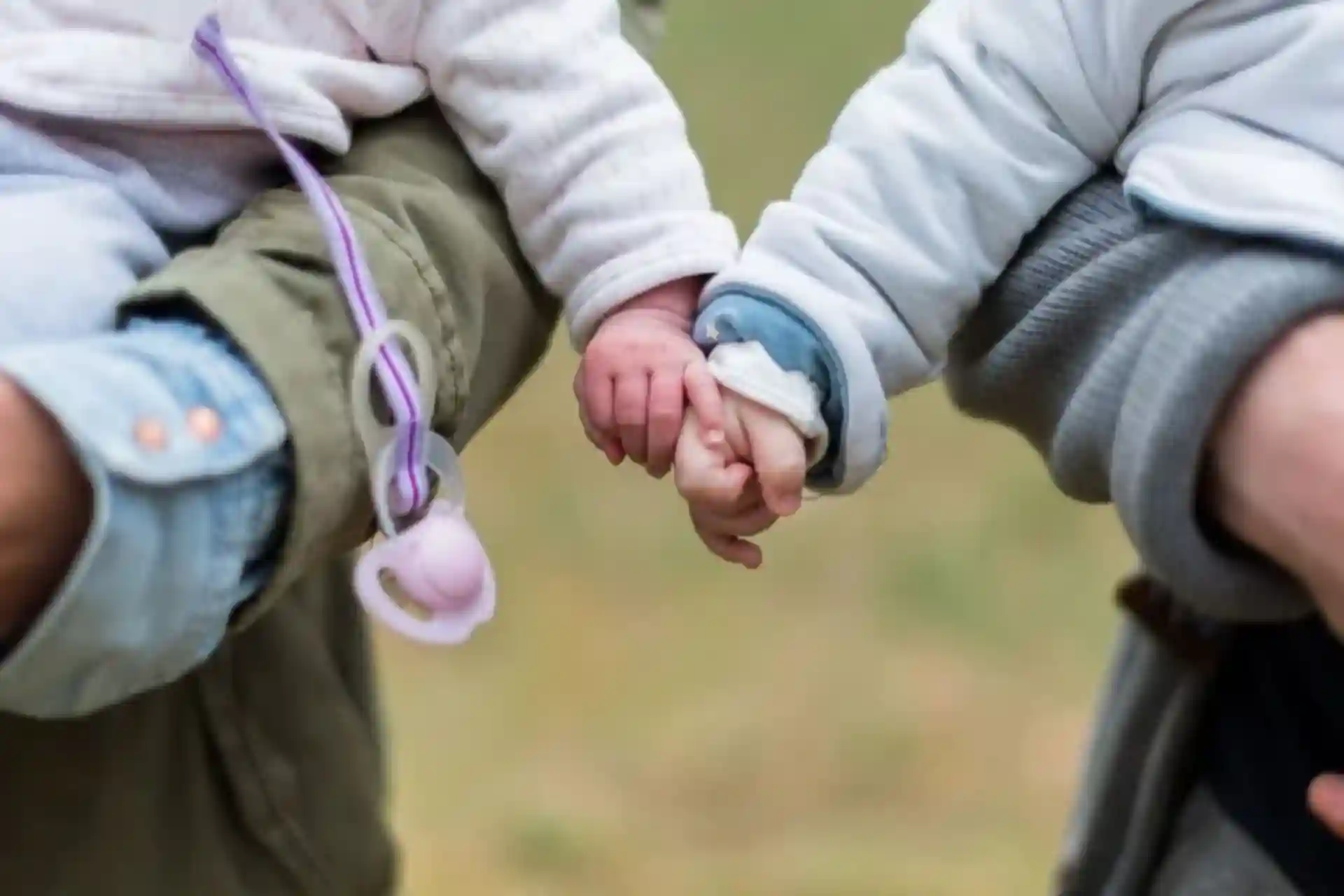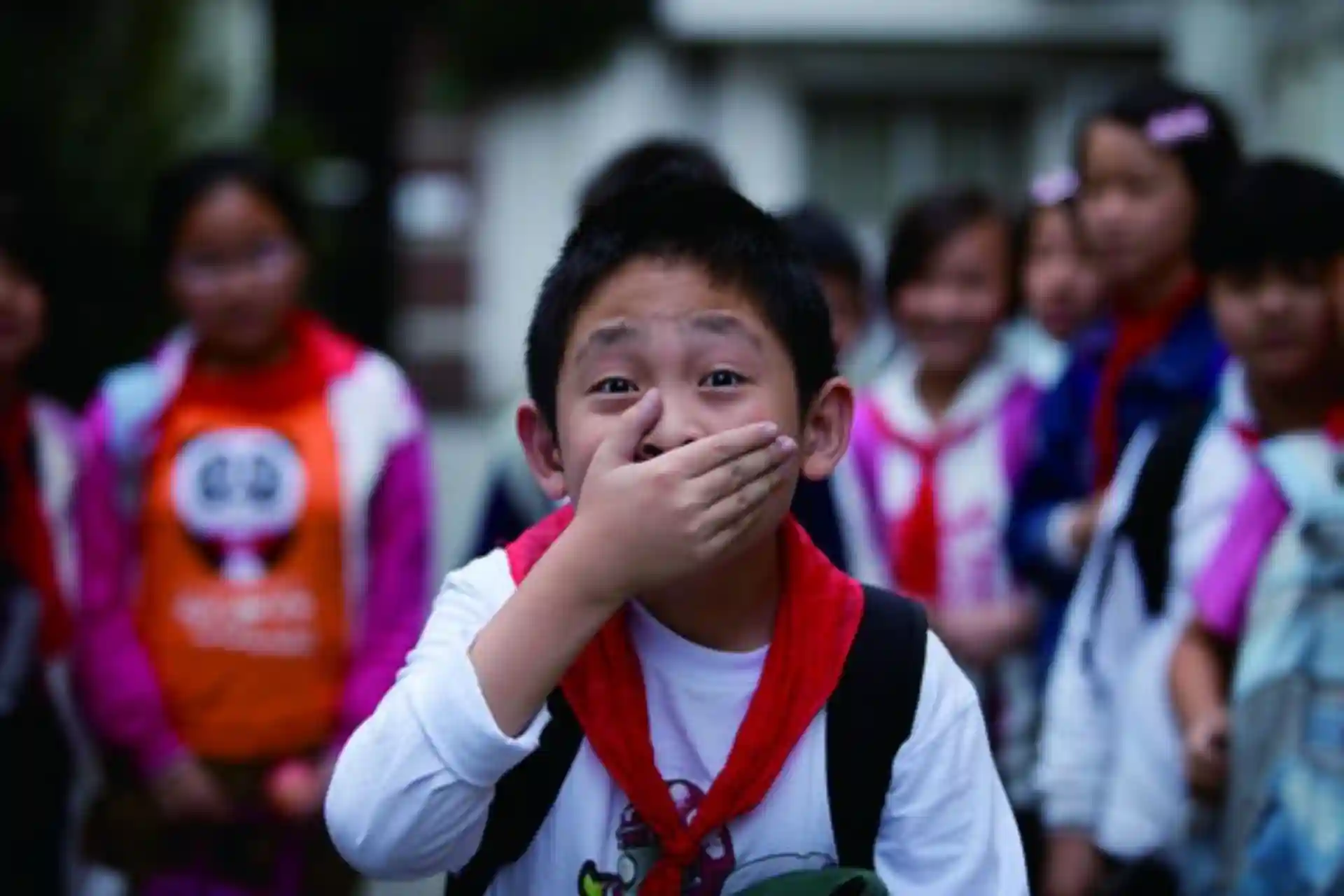Spain bans registration of children born through surrogacy
The Spanish government has banned the registration of children born abroad through surrogacy at its embassies and consulates, Politico reported.
The new order reportedly also prohibits diplomats from accepting birth certificates issued by foreign countries. It also cancels previously initiated but unfinished registration processes.
Surrogacy, which is banned in some European countries, has been attempted by Spanish citizens to circumvent restrictions by legally registering their children in other countries.
This practice has been going on in Spain since 2006, despite being banned by court orders abroad.
However, in December 2023, the Supreme Court ruled that such a legal mechanism was illegal. In response to this decision, the government led by Prime Minister Pedro Sánchez is criticizing surrogacy as a form of exploitation of women and a means of turning children into "commodities."
Under the new rules, a child can only be registered after being brought to Spain and upon application from the biological father or mother.
A draft anti-human trafficking law, expected to be published by the end of the year, is expected to further regulate surrogacy practices. At the same time, Greece is also expected to pass a law banning surrogacy for single men and same-sex male couples.
For your information, surrogacy is a reproductive practice in which a third party (the surrogate mother) carries a pregnancy and gives birth to a child for another person. In many countries, this approach is controversial from a legal, ethical, and human rights perspective.



